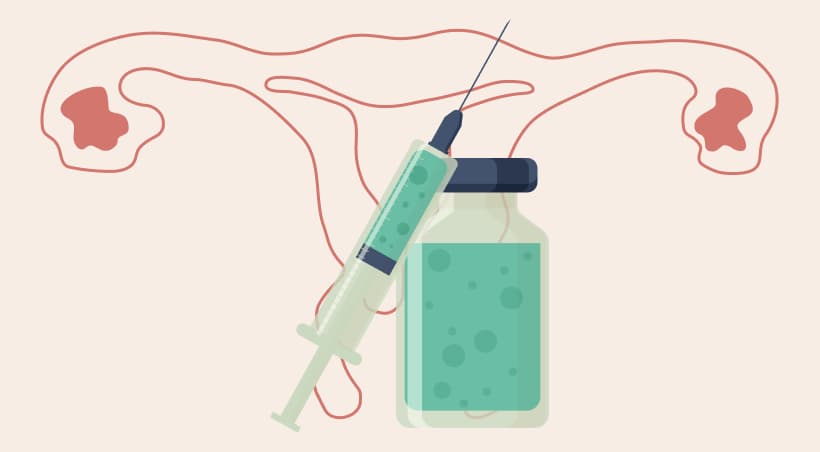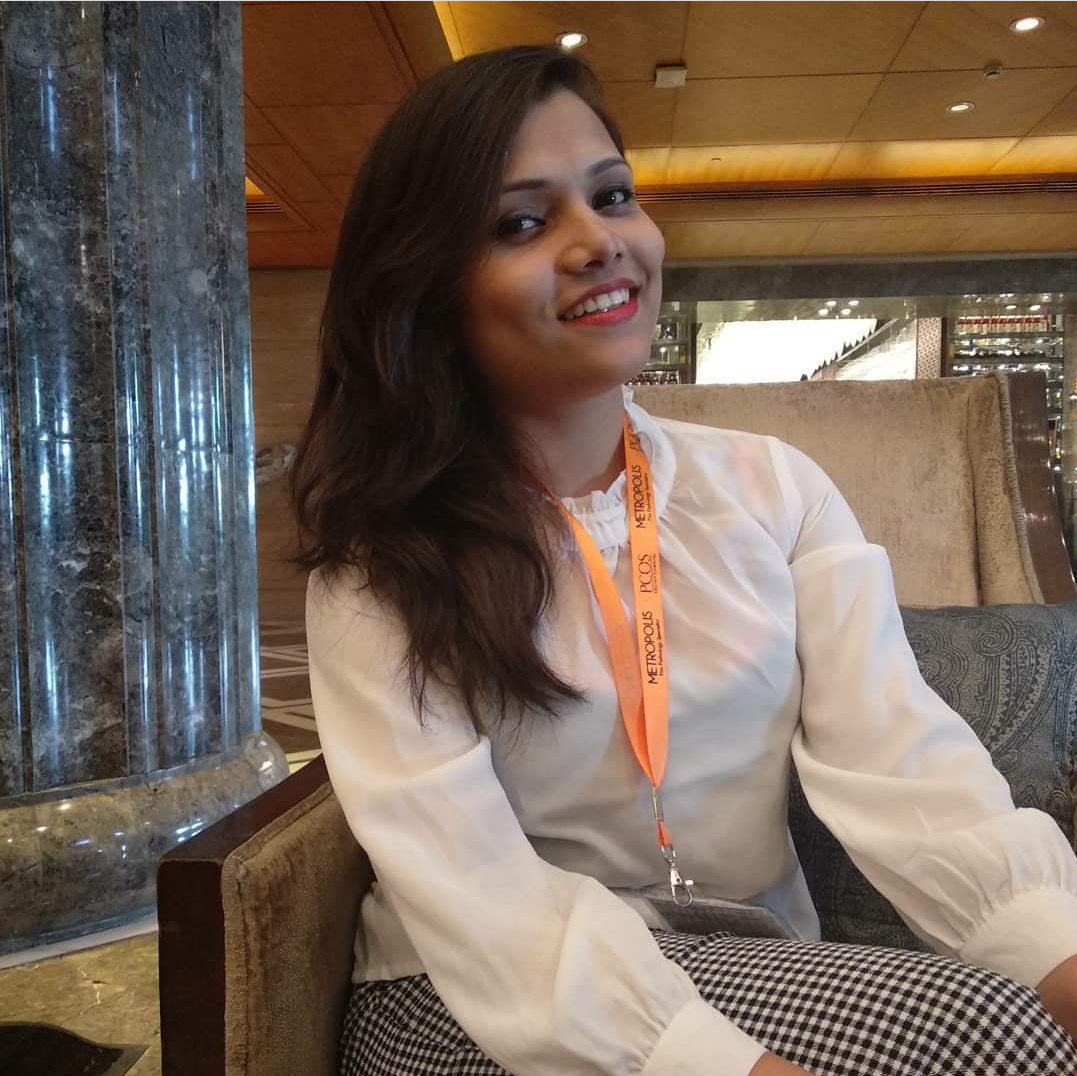If you're the parent of a child between 9-14 years of age, now is the time to act. The HPV vaccine protects your child against numerous forms of HPV-related cancers. The Federation of Obstetric and Gynecological Societies of India (FOGSI) recommends HPV vaccination between the ages of 9-45 years, if not already immunised.
1. The Sooner, the better
If the HPV vaccine is administered during the pre-teen years - it is proven to be more effective. This is because HPV infections can occur only during sexual activity - meaning that administering the vaccine before a child is sexually active is the best way to ensure maximum efficiency.
2. But what if children use this as an excuse to start having sex?
Many parents are concerned about discussing HPV and the HPV vaccine with their children. The typical comment is that a child that age should not be sexually active and should remain inactive for the next few years (or longer).
Firstly, the vaccine is recommended after the age of 9 because a child around this age is usually not yet sexually active. This will ensure maximum protection against HPV infections. Lastly, it has been clinically proven that taking the HPV vaccine will not encourage teenagers to have sex earlier or participate in unprotected sex. So, if you're concerned that this immunisation may give your child the sense that having sex or unprotected sex early is encouraged, don't be.
3. Should your male child get the HPV vaccine?
There are several reasons why male children should get the HPV vaccine. Both men and women can carry HPV strains and if transmitted, it can cause genital warts in both females and males and/or penis and anus malignancies. Even if a male child may never show signs or symptoms of an HPV infection, he can act as a carrier and pass it on to anyone he has sexual contact with putting them at a higher risk of contracting cancers such as cervical cancer .
Read more: Top 6 HPV Vaccination Myths - Debunked

4. Will your child experience any side effects?
The HPV vaccine is completely safe. Like any other vaccine - some people may experience mild to moderate symptoms. These often need no medical attention. Some of these symptoms include fever, headache, discomfort, dizziness and redness in the arm. What you can do to help your child while getting the HPV vaccination is to make them sit or lie down while getting the shot and stay in that position for around 15 minutes following it. This can prevent children from feeling nauseous and dizzy.
5. How can you discuss the HPV vaccine with your child?
Children may not be comfortable about getting vaccines at first. However, you can ensure they are okay to get the dose by making them aware of the vaccine's advantages and how the virus spreads. If you don't feel ready to discuss sex with your child, explain that the vaccine can protect them from various life-threatening cancers.
Sex education also plays an integral part in making children aware of the need for vaccination, enabling them to make more informed decisions regarding their sex life. HPV infections in teens could be as threatening as in adults and if infected at this age males and females can see an onset of HPV symptoms much later in life (if not treated in time), and vaccinating your pre-teen should be top of your priority list. You can also consult your paediatrician/andrologist to help you and your child through this process. It’s common for parents to feel anxious when it comes to their child’s health and wellbeing and that’s okay. Equip yourself with the right information while making any health choices for your child.
Read More: Cervical cancer: Prevention at your fingertips
Disclaimer: This information is educational and should not be construed as medical advice. Please consult your doctor before making any dietary changes or adding supplements.
Proactive For Her is a digital clinic for women, offering accessible, personalised, and confidential healthcare solutions. We offer out-patient care, diagnostic services and programs for various health concerns of Indian women, across their lifetime - from puberty to pregnancy to menopause.

